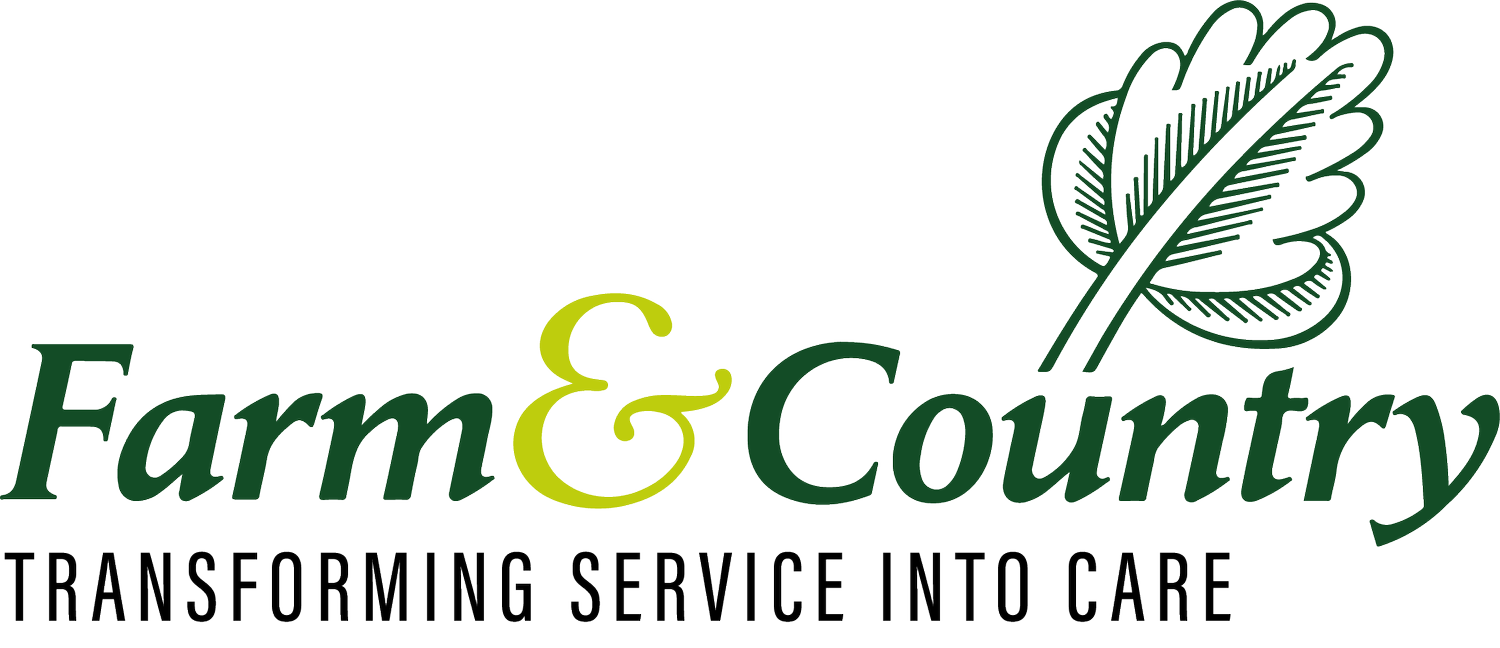Springing into Equine Wellness: A Guide to Preparing Your Horse for the Season Ahead
The transition from winter to spring is a critical time for horse owners, as it marks a shift in management practices to accommodate the changing season.
Understanding the Spring Transition
As the winter frost gives way to the vibrant renewal of spring, horse owners must be attuned to the evolving needs of their animals. The shift in seasons brings about changes in grazing patterns, nutritional requirements, and overall health management for horses. It is imperative to approach this transition with careful consideration and proactive measures to safeguard the well-being of the horses under your care.
Spring Grazing Management
One of the pivotal aspects of preparing horses for spring is effective grazing management. The lush, new growth of spring pastures presents both an opportunity and a challenge for horse owners. While the fresh grass provides valuable nutrients, it also carries the risk of overconsumption, potentially leading to health issues such as laminitis. To mitigate this risk, gradual introduction to spring pastures and controlled grazing schedules are essential. This approach allows horses to acclimate to the increased grass availability while minimizing the likelihood of overindulgence.
Nutritional Considerations
In tandem with grazing management, adjusting the horses' diet to align with the spring transition is paramount. The nutritional content of spring grass differs from that of winter forage, necessitating a gradual dietary shift. Abrupt changes in diet can disrupt the delicate balance of the horses' digestive system, potentially resulting in colic or other gastrointestinal complications. By methodically introducing spring forage into the horses' diet and monitoring their response, owners can facilitate a seamless nutritional transition that supports optimal health.
Health and Wellness Preparations
Beyond dietary adjustments, spring heralds the need for comprehensive health and wellness preparations for horses. This encompasses various facets, including parasite control, vaccination updates, and hoof care. As the environment becomes more conducive to parasite proliferation, implementing a strategic deworming regimen is vital to safeguarding equine health. Additionally, scheduling a thorough assessment of the horses' hooves and addressing any lingering issues from the winter months are integral steps in ensuring their comfort and mobility.
Fly Control Measures
With the advent of spring comes an inevitable influx of insects, posing a nuisance and potential health risk to horses. Implementing robust fly control measures is imperative to mitigate the adverse effects of insect harassment. This may involve the use of fly masks, sprays, and strategically positioned traps to create a more comfortable environment for the horses
By prioritizing grazing management, nutritional adjustments, and comprehensive health preparations, horse owners can facilitate a seamless transition that upholds the well-being and vitality of their equine companions. Embracing these guidelines empowers owners to navigate the spring transition with confidence and ensure that their horses thrive in the evolving landscape of the new season.


